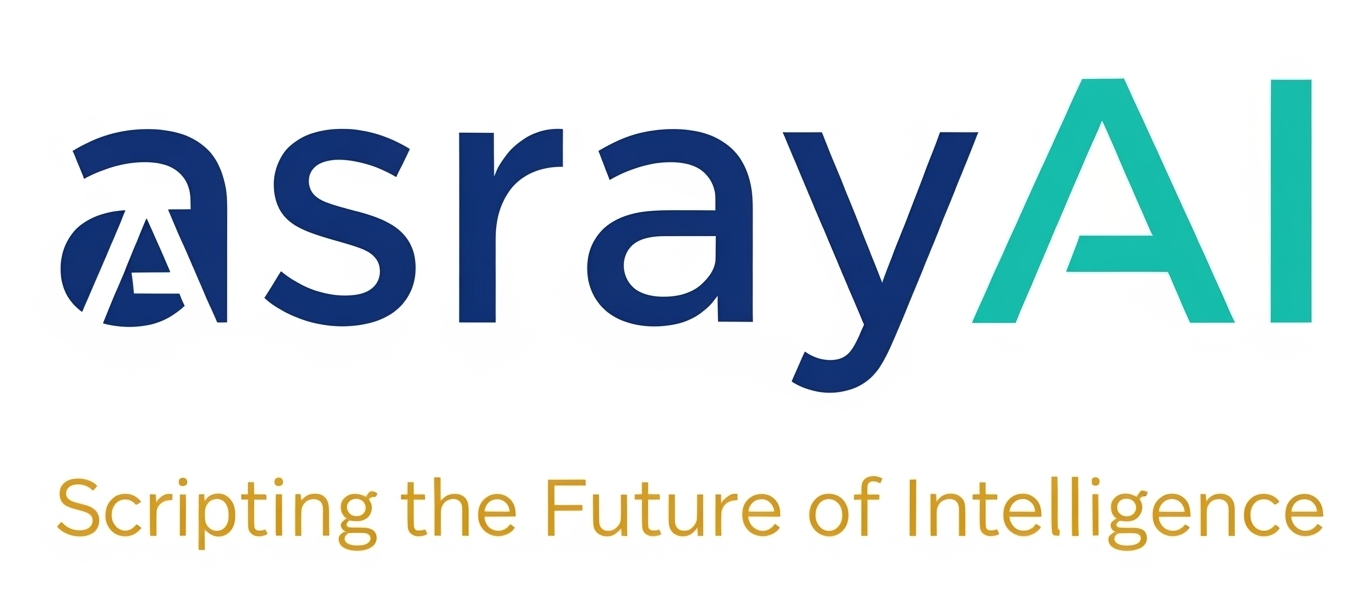For decades, we’ve interacted with computers through windows, icons, and apps. But a new kind of interface is emerging — one powered not by menus, but by minds. AI agents are beginning to act as operating systems themselves: systems that understand intent, coordinate tools, and deliver outcomes through conversation rather than clicks.
In this post, we’ll explore how AI agents are becoming the new OS layer — transforming how we interact with technology altogether.
1. The Old Interface Paradigm
The traditional operating system is static.
- You open apps manually.
- You manage files and navigate menus.
- The OS provides the structure, but you provide the logic.
Even with all its polish, the user experience hasn’t changed much since the 1980s — we’re still doing the clicking and dragging ourselves.
2. The Rise of Agentic Interfaces
Now, imagine saying:
“Find my notes from last week’s meeting, summarize them, and email the key points to my team.”
An AI agent OS doesn’t ask you to open an app — it does it for you.
- It understands your goal, not just your commands.
- It chooses the tools and executes tasks in sequence.
- It delivers the result, not just the steps.
The desktop metaphor gives way to a conversation-based interface — the computer becomes an intelligent collaborator.
3. The OS Becomes Orchestrator
Modern AI agents can integrate with file systems, browsers, calendars, and APIs.
- Instead of opening Slack, your agent can send the message.
- Instead of launching Excel, it can generate the report.
- Instead of navigating tabs, it can handle everything contextually.
Your “operating system” evolves from a collection of tools into a network of intelligent services working together.
4. Technical Foundations
Under the hood, this shift requires a new stack:
- LLMs as reasoning engines.
- API routers to connect with traditional software.
- Persistent memory for long-term context.
- Autonomous task schedulers for planning and execution.
Frameworks like OpenDevin, OS Agent, and AIOS are already experimenting with this architecture — where the agent is the interface.
5. The Future: Personalized Operating Systems
Soon, every user might have their own AI OS — one that knows their work habits, preferences, and routines.
- Your digital workspace will adapt in real-time.
- Files, tasks, and apps will fade into the background.
- The interface will become invisible — replaced by pure intent.
The future operating system isn’t a screen. It’s a conversation partner.
Conclusion
AI agents are redefining the way we interact with technology. Instead of learning how to use computers, we’ll simply tell them what we want. The OS of tomorrow won’t just run programs — it will understand, plan, and act.
In this new paradigm, the agent is the interface — and the interface is intelligent.
